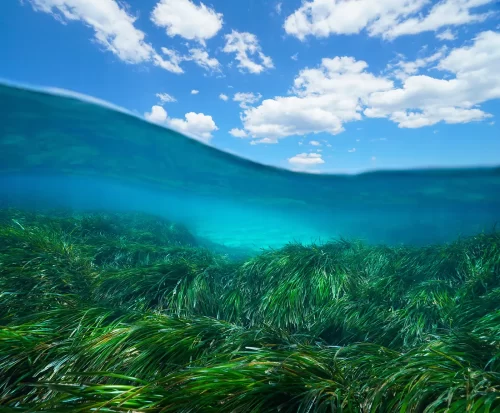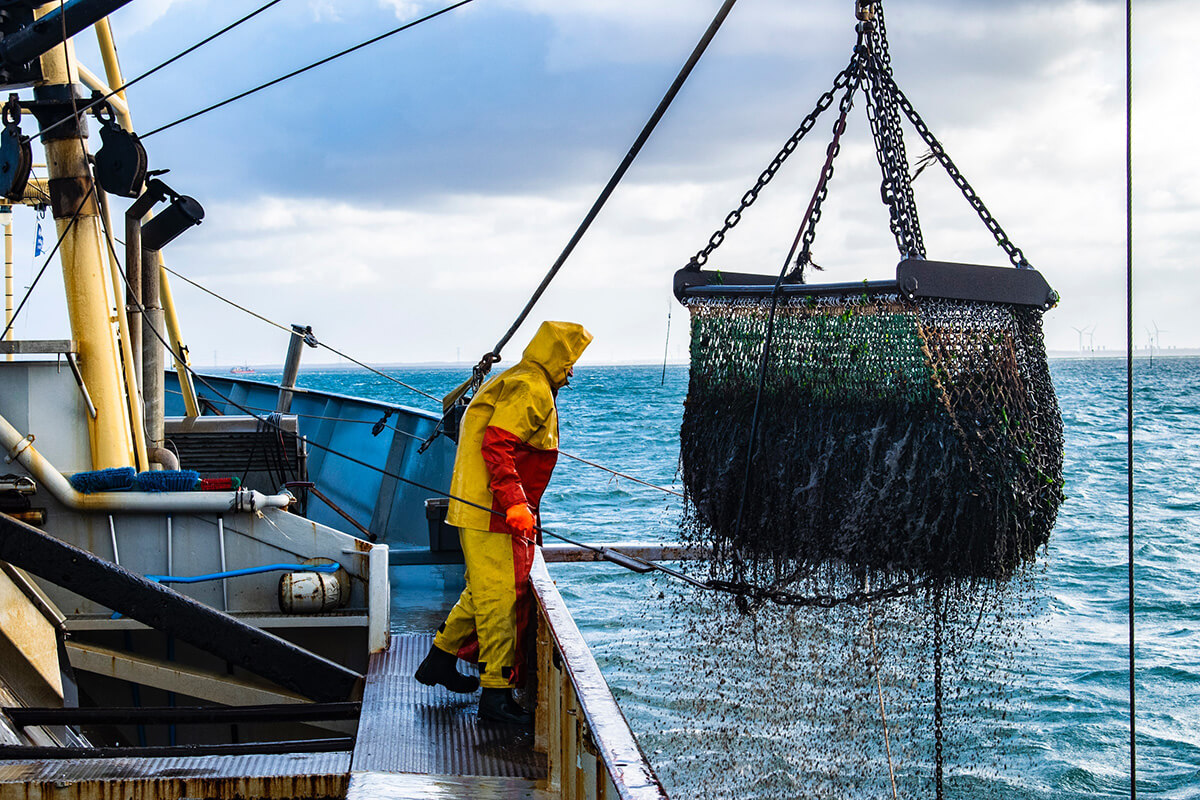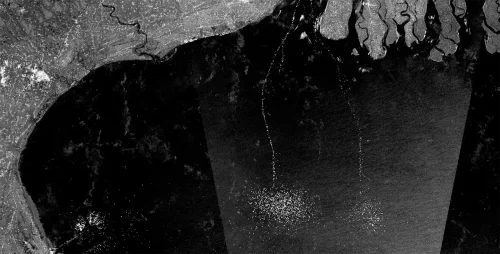
© DVIDS
The Issue
Illegal, unreported and unregulated (IUU) fishing is a global problem that threatens the sustainability of fisheries and those whose livelihoods depend on them. It undermines law-abiding fishers and does untold damage to marine ecosystems, while also opening the door for other maritime crimes, such as the trafficking of weapons, drugs and people.
Some countries have invested in sophisticated monitoring and surveillance systems in an attempt to clamp down on IUU fishing. But these expensive systems are often out of reach for many of the countries that are most affected by IUU fishing, as they lack the resources or capacity to maintain them. Furthermore, most commercial systems usually are not designed for sharing data with others, even though greater international collaboration and information sharing are crucial to tackling this global issue.

Our Work
In 2022, we launched the Joint Analytical Cell (JAC) in partnership with the International Monitoring, Control and Surveillance Network and TM-Tracking. To date, two additional organizations have joined the collaboration: Skylight and C4ADS.
The JAC aims to foster a more open, collaborative approach to tackling fisheries crime and improving fisheries management. By pooling complementary data and technology from its collaborating members, and drawing on open-source tools like our vessel tracking map and carrier vessel portal, the initiative aims to generate new insights and intelligence to combat IUU fishing.
Better intelligence enables authorities to direct more effective operations against illegal fishing which, in turn, acts as a deterrent as illicit activities become harder to hide. The JAC focuses particularly on providing fisheries intelligence and analysis to those countries looking to strengthen their monitoring, control and surveillance efforts and it is also committed to producing actionable information that can deliver real change on the water.
The JAC has a primary objective of enhancing access to data and technology. To achieve this, it promotes training and capacity building initiatives that empower developing nations to utilize various monitoring and analysis tools. Additionally, the organization seeks to facilitate collaboration between nations and partners, and influence evidence-based international policy and legal processes.
"The establishment of the Joint Analytical Cell marks a sea change in fisheries intelligence and analysis. It will set a precedent for a global shift toward greater use of open data, data analytics, and integrated technology to provide greater transparency of activities occurring in the maritime domain and strengthen fisheries monitoring, control and surveillance efforts. Collaboration between states, nonprofits and technology providers can help tackle IUU fishing by providing actionable data, credible intelligence and capacity building to those that need it most, ultimately improving global fisheries management."
Mark YoungExecutive Director, International Monitoring, Control and Surveillance Network

